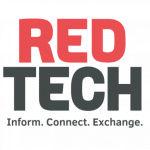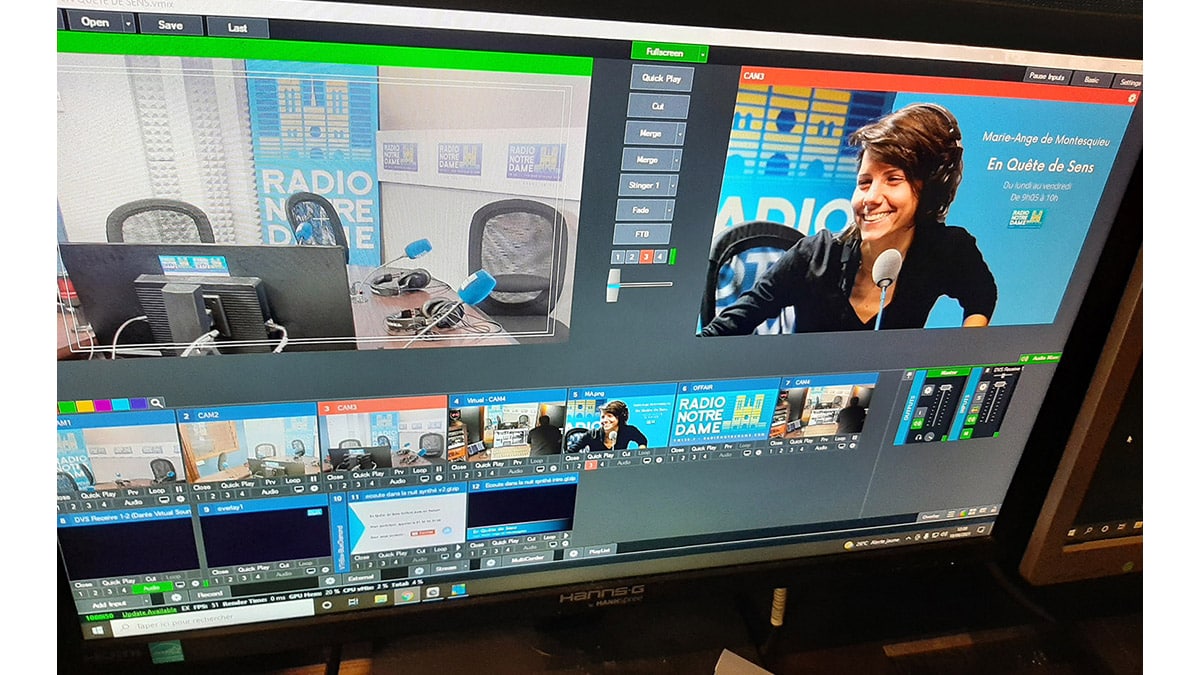PARIS — As France commemorates 100 years of radio, Paris-based Radio Notre Dame is also celebrating a special occasion — its 40th birthday.
Created by Cardinal Jean-Marie Lustiger in 1981, the Catholic and generalist FM station broadcasts on 100.7 MHz in the Paris region, on 90.7 in Laon, and since 2016, on 90.6 in Noyon. The station also broadcasts via CanalSat, Free, Orange, SFR and Bouygues, and offers a free smartphone application to increase its digital audience.
Based at its Parisian headquarters, near Montparnasse, Radio Notre Dame, the largest associative station in France, is entirely funded through donations from its listeners. Loyally, they support their station, whatever their social, professional or geographical backgrounds. This model has proved successful over the years.
On June 21, the station organized its “Généros’été” (“Generous Summer”) donation campaign so “our listeners can therefore feel light-hearted before going on summer vacation,” said Bruno Courtois, general manager of Radio Notre Dame since 2002.
Faithful to its slogan “La vie prend un sens” (“Life has meaning”), Radio Notre Dame is committed to human and Christian issues, such as its current mission producing programs for French-speaking Christian radio stations in Africa, or a COVID-19 initiative. When the pandemic broke out with its subsequent lockdown, the station immediately set up a new grid, with spiritual and comforting programs.
Modern Broadcast Tools
Radio Notre Dame relies on modern technology to best serve its editorial mission. When the station moved to a new studio 10 years ago, French systems integrator Eurocom provided and installed a full DHD 5200 system. Then in August 2019, Eurocom added its own in-house developed StudioCast visual radio system with four cameras to Radio Notre Dame’s studios.
Since then, the broadcaster has been offering to its audience live video with a few of its programs, including: “Le Grand Témoin” (“The Great Witness”), “En Quête de Sens” (“In Search of Meaning”) and “Écoute dans la nuit” (“Listen in the night”).
The station’s audience can watch these shows on YouTube and Facebook. “We opted for a StudioCast visual radio system, and have so far equipped only one of our two studios,” explained Régis Renaudin, Radio Notre Dame technical director. “These visual programs are proving very popular, as are our podcasts of the shows.”
Radio Notre Dame also began broadcasting via DAB+ in April. “For DAB+ audio listening quality, our stream output is via the TDF transmitter on the Eiffel Tower, and we use the Sound4 FM Impact sound processing, the most powerful model in the range,” said Renaudin.
Tech Assistance
“We were the first among French stations to implement the DHD 5200 System,” explained Renaudin. “DHD is a visionary. I discussed this a lot with Bruno Guers, Eurocom CEO, and we both agree that DHD offers advanced forward-looking products. We’ve only had to change small OLED screens on the consoles after 10 years.”
Radio Notre Dame is equipped with four StudioCast cameras: Three HD110 turret cameras and one wide-angle camera HD30, which the station says it uses a lot for its live broadcasts.
Jimmy Thiebauld, Eurocom Broadcast Engineer, recently updated the StudioCast camera system on-site with direct DHD interfacing.
“Today, StudioCast has just released the HD150 model, which is NDI and POE compatible. A unique CAT 6 cable is sufficient to carry the power, PTZ control and 1080p video stream, thus greatly simplifying system installation and enabling the use of pre-existing standard computer cabling. We’ve also just released a new version of the StudioCast software,” said Thiebauld.
“StudioCast is deployed at Radio France, in the RFI studios as well as at NRJ, for the production of automated tailor-made programs without the need of an operator,” he added.
Radio Notre Dame says its essential goal is to offer its listeners quality programs imbued with spiritual and human values. As part of this endeavor, the station depends on technological tools to help maintain the strong connection with its audience through quality content and productions, which enhance the end user experience.

